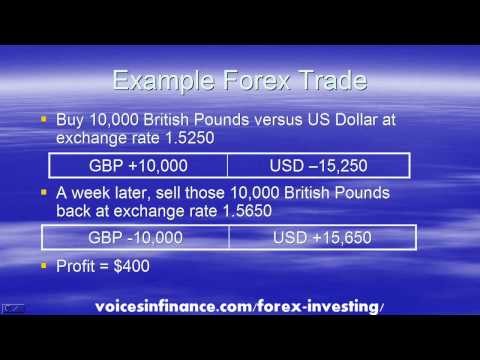The Beginner s Guide to Beginning in Forex
Post on: 4 Май, 2015 No Comment

The Beginner’s Guide to Beginning in Forex
So you want to trade in forex, huh? Well, that is understandable. Forex remains to be a very profitable investment.
Part of the lure of this instrument is that you can trade on margin, which means that if you trade with a 100:1 margin account, you can manage $100,000 with a 1,000 investment.
It used to be that only the large players like banks, national governments and multi-national corporations were able to trade in forex. All that changed in the 1980s, when the rules were changed to allow the small-time investor to rake in the profits from forex for a small investment.
Unlike in other trading instruments, however, forex is not as simple as buying and selling currrencies. There are risks inherent in forex and although it can be really simple to begin trading, a beginning forex trader would do good if he acquaints himself with the forex market.
Forex traders would require a broker to handle his transactions. A reputable forex broker would be associated with a large financial institution like a bank and be registered with a relevant government agency.

Opening a forex account is very simple — you only need to fill out a form and provide an ID. You may be required to sign a margin agreement which states that the forex broker can interfere in a trade if it is too risky. This agreement is in force basically to protect the broker. Most forex trades, after all, use the broker’s money (otherwise you won’t be able to trade on a margin). When your account is already established, you may fund it and start trading.
Different brokers will have different types of accounts to cater to different individual investors. They often would have mini accounts — for as little as $25 to $250 — for the beginning forex trader, while the regular account would require a deposit from $1,000 to $2,500. The margin ratio or leverage would vary with each account (the 100:1 margin is not true for all accounts), however, a high leverage gives the forex trader more money to trade.
The ultra-beginner traders, however, are advised to engage first in paper trades, or practice transaction that do not involve real money. Paper trades are more popularly known as demo accounts. These types of accounts allow the trader to get a feel on how the forex market works. These also allows the beginner trader to acquaint himself with the various software tools that his broker uses.














